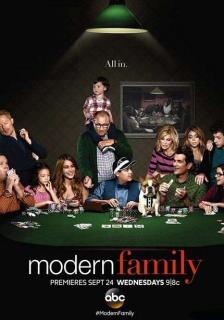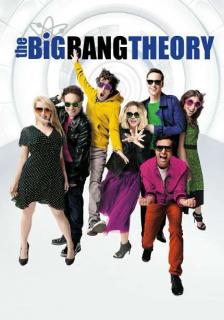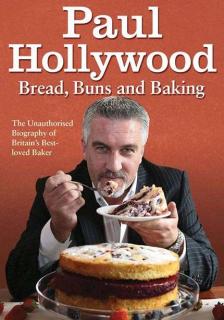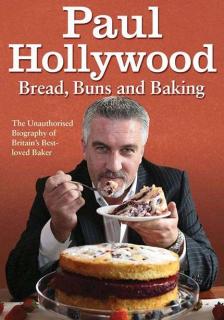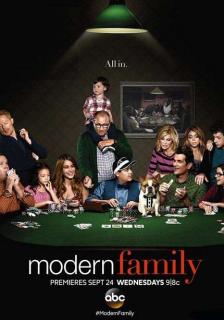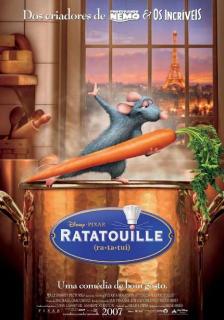form into a bent, curling, or distorted shape
使弯曲,扭弯;扭歪,扭曲
-
a strip of metal is twisted to form a hollow tube 金属片被弯捲成空心管
-
her pretty features twisted into a fearsome expression. 她美丽的面容扭曲成一副可怕的模样。
[with obj. and adverbial]form (something) into a particular shape by taking hold of one or both ends and turning them
搓,捻;搓成,捻成
-
she twisted her handkerchief into a knot .她把手帕拧成一个结。
[with obj. and adverbial]turn or bend into a specified position or in a specified direction
扭,拧
-
he grabbed the man and twisted his arm behind his back .他抓住那人,将其胳膊扭在身后。
(
扭去;拧掉
-
beetroot can be stored once the leaves have been twisted off .拧去叶后,甜菜根可储存。
[no obj.]move one's body so that the shoulders and hips are facing in different directions
扭动身体
-
she twisted in her seat to look at the buildings .她从座位上扭身看那些建筑物。
[no obj., with adverbial]move in a wriggling or writhing fashion
扭身挣扎
-
he twisted himself free .他扭脱挣开。
injure (a joint) by wrenching it
扭伤(关节)
-
he twisted his ankle trying to avoid his opponent's lunge .他试图避开对手重拳时扭伤了脚踝。
distort or misrepresent the meaning of (words)
歪曲;曲解
-
he twisted my words to make it seem that I'd claimed she was a drug addict .他歪曲了我的话,使人以为我说她吸毒。
[as adj.
(性格,思维) 反常的;变态的
-
a man with a twisted mind .思维扭曲的人。
cause to rotate around something that remains stationary; turn
旋转;转动
-
she twisted her ring round and round on her finger .她把戒指在手指上转圈。
[with obj. and adverbial]wind around or through something
使缠绕;使盘旋
-
she twisted a lock of hair around her finger .她把一绺头发绕在手指上。
move or cause to move around each other; interlace
使交错;使交织
-
[with obj.]
she twisted her hands together nervously 她忐忑不安地绞动着双手
-
the machine twists together strands to make a double yarn. 机器把缕缕细纱绞成一条双股纱线。
make (something) by interlacing or winding strands together
编织。
[no obj.]take or have a winding course
蜿蜒前进;曲折前进
-
the railway lines twist and turn round the hills .铁路绕着群山盘旋。
[no obj.]dance the twist
跳扭摆舞。
〈英, 非正式〉 欺骗,欺诈。
[no obj.](in pontoon)request, deal, or be dealt a card face upwards
(21点纸牌戏要牌、出牌或发牌) 牌面朝上。
an act of turning something so that it moves in relation to something that remains stationary
转动,旋转
-
the taps needed a single twist to turn them on .转一下就可将水龙头打开。
an act of turning one's body or part of one's body
扭身
-
with a sudden twist ,she got away from him .猛一扭身,她挣脱了他。
(
(20世纪60年代流行的) 扭摆舞。
[mass noun]the extent of twisting of a rod or other object
(棍棒或其他物体) 扭转度;扭度。
[mass noun]force producing twisting; torque
扭转力;转矩。
[mass noun]forward motion combined with rotation about an axis
绕轴旋转前进。
the rifling in the bore of a gun
(膛线)缠度
-
barrels with a 1∶24 inch twist. 膛线缠度为1∶24 英寸的炮管。
a thing with a spiral shape
螺旋形物体
-
a barley sugar twist .螺旋形麦芽棒糖。
〈英〉 (两端扭紧的)纸包装。
a small quantity of tobacco, sugar, salt, or a similar substance, wrapped in such a packet
两端扭紧包装的少量烟草、糖、盐等物。
a curled piece of lemon peel used to flavour a drink
(调酒用)卷曲花状柠檬皮。
a distorted shape
扭歪
-
he had a cruel twist to his mouth. 他歪拧着嘴露出一副凶相。
an unusual feature of a person's personality, typically an unhealthy one
(尤指性格)变态,反常。
〈英, 非正式〉 欺骗,欺诈。
a point at which something turns or bends
弯曲处,拐弯处
-
the car negotiated the twists and turns of the mountain road .汽车开过了这条山路上的弯弯曲曲。
an unexpected development of events
意想不到的转折
-
it was soon time for the next twist of fate in his extraordinary career .不久,他不平凡的事业有了第二次意想不到的重大转折。
a new treatment or outlook; a variation
新方法,新观点;变化
-
she takes conventional subjects and gives them a twist .她的题材虽老,但处理方法新颖。
[mass noun]a fine strong thread consisting of twisted strands of cotton or silk
(棉,丝) 合股线。
〈英〉 混合酒。
a carpet with a tightly curled pile
绞绕线绒毛毯。
-
round the twist Brit. informal out of one's mind; crazy 〈英,非正式〉 疯癫的;发疯的the games she plays drive me round the twist . 她玩的游戏令我发疯 -
twist someone's arm informal persuade someone to do something that they are or might be reluctant to do 〈非正式〉 向…施加压力 -
twist in the wind be left in a state of suspense or uncertainty 悬着,处于不确定状态 -
twist someone around one's little finger 见LITTLE FINGER .twists and turns intricate or convoluted dealings or circumstances 复杂(或曲折)变化the twists and turns of her political career . 她政治生涯中的变迁
"Old English (as a noun), of Germanic origin: probably from the base of

 词典释义:
词典释义:



